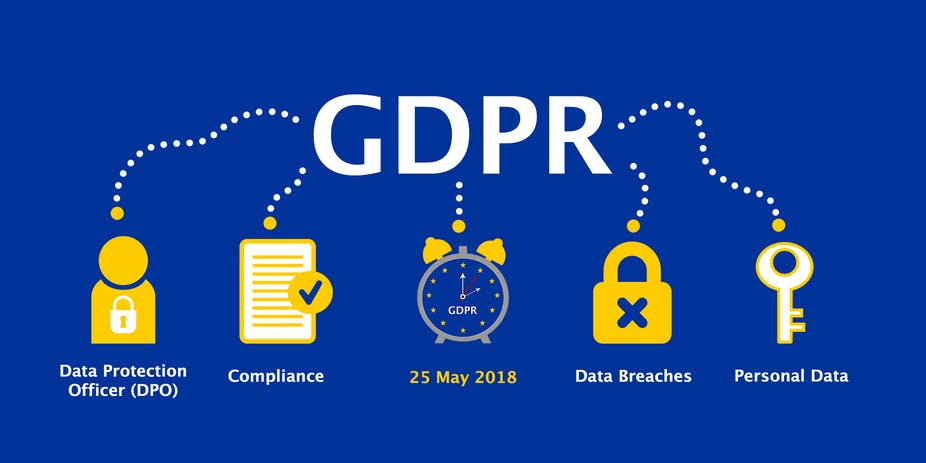 What is this GDPR anyway?
What is this GDPR anyway?
General Data Protection Regulation (better known as GDPR) is Europe’s new framework for data protection laws
This will replace the 1995 data protection directive in the UK. This legislation is designed to harmonise data privacy laws across Europe and improve protection and rights to individuals.
What do businesses need to do differently?
There are new elements and significant improvements to the old legislation so you will have to do some new things, and in some cases change the way you are accustomed to doing other things.
What is classed as ‘consent’ under the GDPR guidelines?
You may have recently received emails from Humphreys Signs asking you to confirm that you are happy for us to retain / keep certain data in order to process orders and enquiries.The reason for this is that, under GDPR, consent must be an active, affirmative action – not the passive acceptance that has preceded it.
Data Protection
We will keep your data secure and only store it for as long as necessary and only for the purposes of our business activities. Once personal data is no longer needed, we will destroy it securely.
What Data Do We Store
- Your Name
- Telephone Number/s
- Email Address
- Order Numbers
- Order Details
- Delivery Addresses
This information will be used for business activities such as;
- Enquiries & Quotations
- Orders,
- Invoices & Remittances
- General Communications.
- It will never be passed to a third party.
Consent
We will assume that we have your permission to retain and use this information (in the manner listed above), unless you contact us advising otherwise. *Please note that you can withdraw your consent at any time with the exception of information regarding Accounting, VAT, and other legal requirements.Please contact us in writing either by email to accounts@humphreys-signs.co.uk or by post to: Humphreys Signs Ltd, Unit 7 Colomendy Industrial Estate, Denbigh, North Wales, LL16 5TA
For further information relating to this communication please feel free to call us on 01745 814066
In the UK, the Information Commissioner’s Office (ICO) would be able to levy fines of up to £17m (€20m) or four per cent of global turnover.
These penalties are significantly higher than the £500,000 charges the ICO is currently able to dole out.